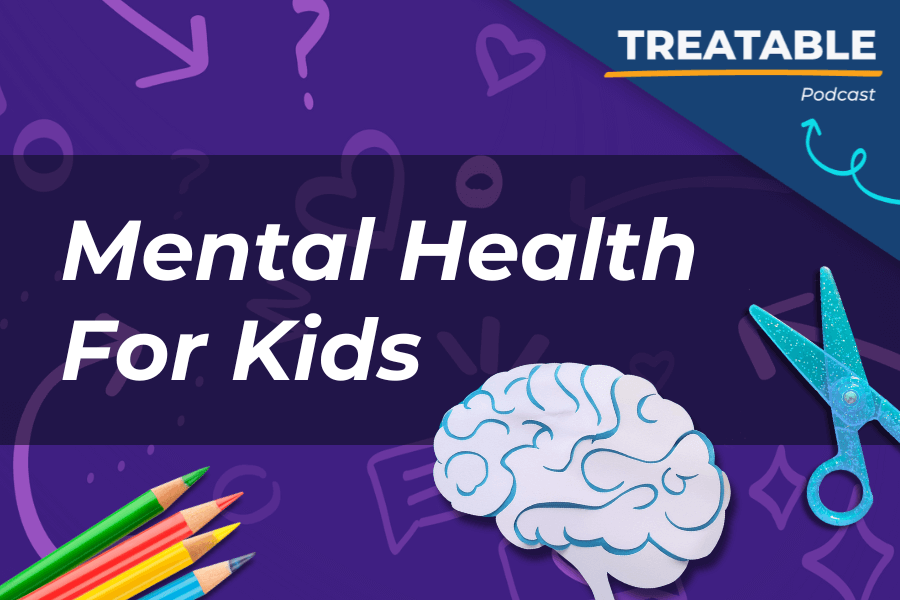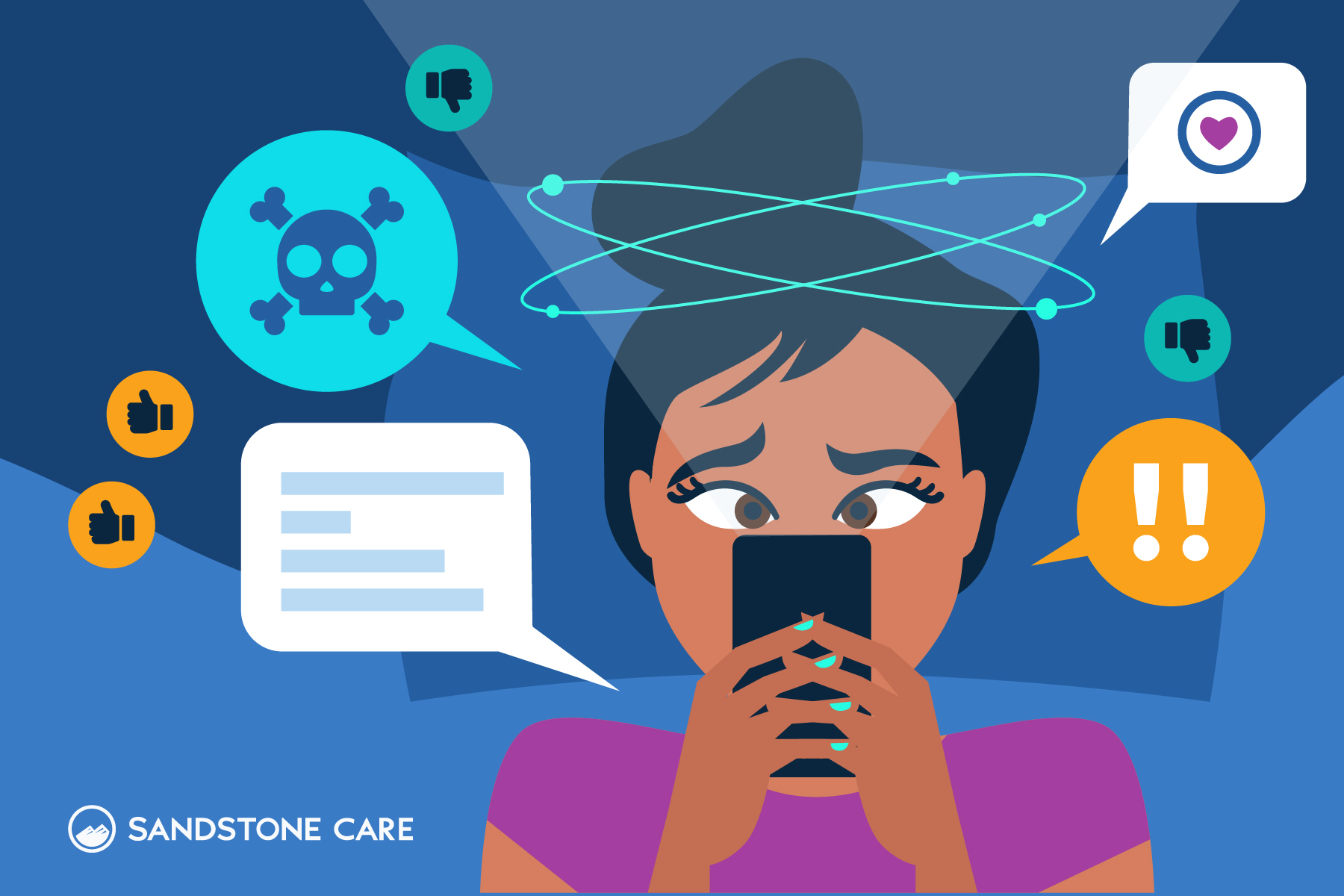If you’re a parent, teacher, or someone working closely with children, unusual behaviors can often be a puzzle.
Determining whether these behaviors are part of a child’s normal growth or signs of a deeper mental health issue is a sensitive and essential task. Effective communication is crucial in creating an environment that supports openness, understanding, and healing.
Opening Up Conversations
Here are some key points to consider when engaging with children about mental health:
- Listen Actively: Encourage children to express their feelings by listening without judgment.
- Provide Reassurance: Let them know it’s okay to feel the way they do.
- Be Patient: It might take time for children to fully articulate their thoughts and emotions.
Today, we explore a pressing topic in the aftermath of COVID-19: children’s mental health. I’m Clint Mally, your host, eager to dive into this important discussion with an esteemed expert.
Meet Dr. Christine M. Crawford
We are privileged to be joined by Dr. Christine M. Crawford, whose expertise in children’s mental health makes her an invaluable resource. Here’s what makes her contribution to the field significant:
- Associate Medical Director at the National Alliance on Mental Illness (NAMI), the largest grassroots mental health organization in the U.S.
Author of “You Are Not Alone: The NAMI Guide for Navigating Your Child’s Mental Health.” - Assistant Professor of Psychiatry and Vice Chair of Education at the Boston University School of Medicine.
- Provides outpatient psychiatric care to children and adolescents at the Boston Medical Center.
- Medical Director for the Boston Public Health Commission’s school-based clinician program.
Key Takeaways
Addressing children’s mental health involves a collaborative and informed approach.
Here are strategic steps to follow:
- Identify Signs Early: Recognize potential indicators of mental health issues like changes in behavior or mood.
- Encourage Open Dialogue: Foster a safe space for discussing feelings and emotions.
- Seek Professional Help: Consult with mental health professionals for evaluation and support.
- Resources for Support
- Collaborate with organizations like NAMI for guidance and resources.
- Engage with healthcare professionals specializing in pediatric mental health for tailored strategies.
Conclusion
Understanding and supporting children’s mental health can transform their ability to navigate life’s challenges.
With experts like Dr. Crawford and resources such as NAMI, caregivers can equip themselves with the necessary tools to ensure children grow up feeling understood and supported.
For additional resources and insight into children’s mental health, explore more from NAMI or speak with a professional specializing in child and adolescent psychiatry.






